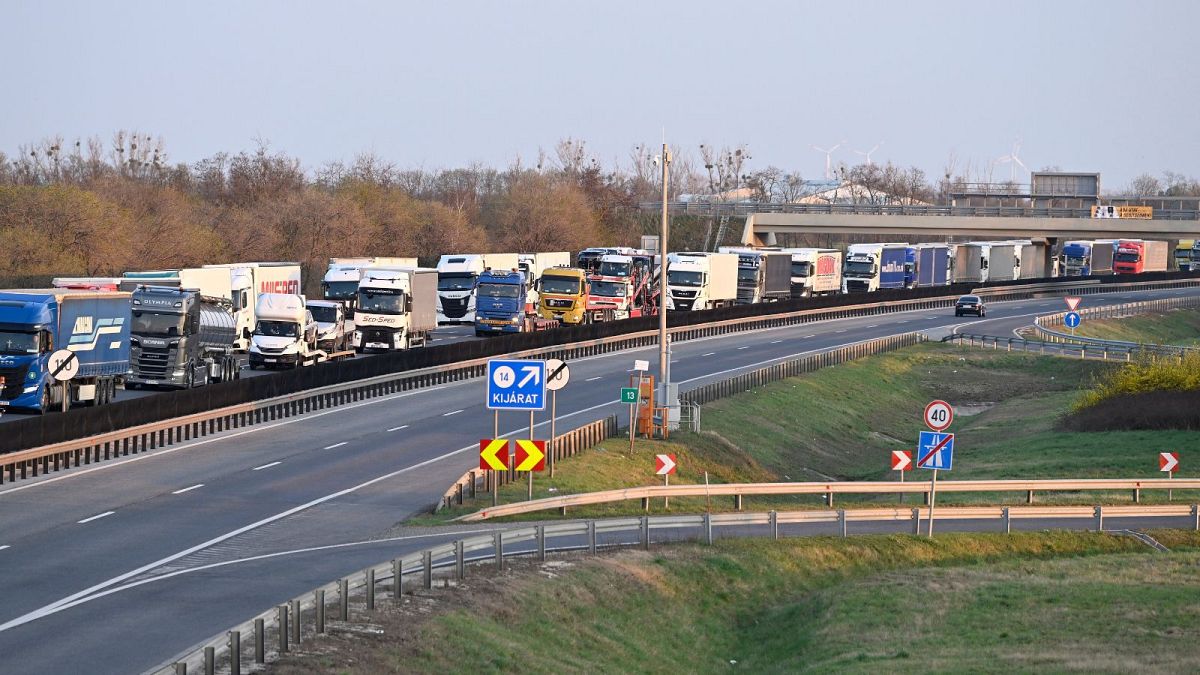As concerns over the potential spread of foot-and-mouth disease (FMD) grow across Europe, farms are tightening biosecurity measures to safeguard both livestock and the broader agricultural industry.
In Estonia several large farms, such as Andri-Peedo goat farm in Misso, Võru County, have taken proactive steps to protect against the disease’s introduction. Andri-Peedo, located right on the Estonian-Latvian border, has posted clear signs barring any visits to the premises.
Nopri farm, another key agricultural operation, has also opted to close its doors to visitors. Nopri, alongside others, has also chosen not to participate in this year’s Open Farms Day, an annual event that typically attracts crowds eager to learn about the inner workings of local farms.
“The appeal of agri-tourism – showing consumers the journey of their food from field to plate – is a small thing compared to the risk and fear a potential pandemic brings. Since we’ve lived through Covid globally, and (know) how fast and uncontrollably things can happen, even ordinary people can understand and perceive the risk.” explains Tiit Niilo, a farm owner in Estonia.
Farms across the region have also already implemented a range of biosecurity measures, including enhanced protocols around food safety, livestock movement, and employee hygiene.
Despite these measures, the Ministry of Regional Affairs and Agriculture has confirmed that the Open Farms Day will proceed as planned. However, it remains uncertain whether livestock such as cows, goats, and sheep will be part of the festivities, as their involvement hinges on the ongoing disease threat and biosecurity assessments.
Meanwhile in the Czech Republic, the government has imposed strict controls at the border with Slovakia, where six outbreaks of the disease have been reported.
Trucks carrying animals, animal products, or feed can only cross at three designated border points, leading to long queues and delays. The Brodské-Břeclav crossing, one of the busiest points, has seen traffic jams stretching 17 kilometres, with trucks delayed for up to 40 minutes.
These border controls, while necessary, have resulted in disruptions, particularly for transporters, as they work to ensure that the disease does not cross into the Czech Republic from Slovakia.
While the country has not confirmed any FMD cases within its borders, the threat from Slovakia, which has traced its outbreaks to Hungary, remains significant. Increased checks are expected to continue throughout the week, causing some inconvenience but ensuring that the risk of further disease spread is minimised.
As the threat of FMD looms larger, farmers, government authorities, and transporters alike are all working in unison to mitigate its spread.

